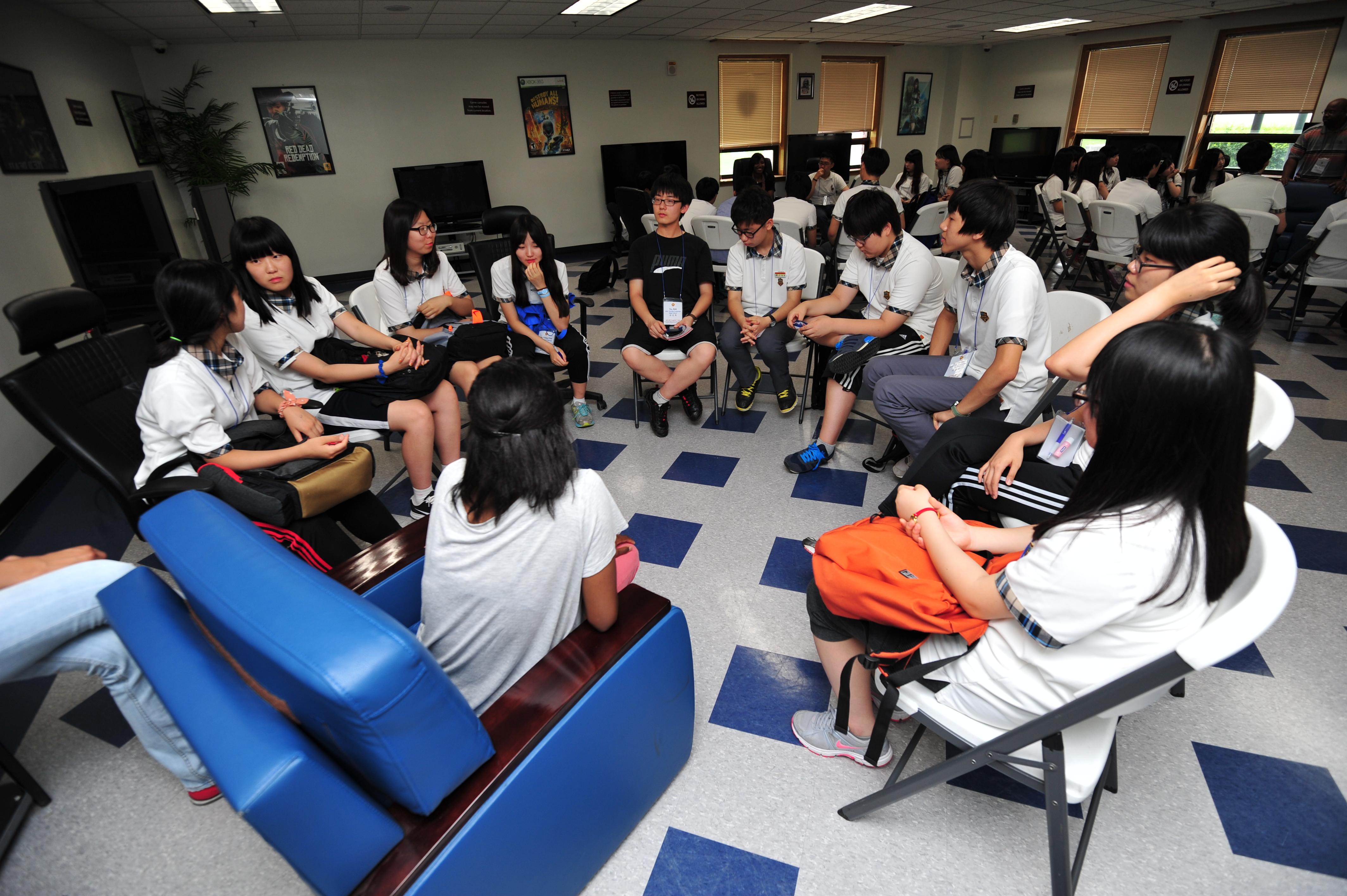In the bustling halls of academia, where minds are shaped and futures forged, a quiet revolution is underway. It is not driven by textbooks or technology, but by the rhythmic beat of running shoes on pavement and the graceful arc of a basketball through the air. This is the revolution of physical activity—a force as old as time, yet newly recognized for its profound impact on academic success. As educators and researchers delve deeper into the interplay between body and mind, a compelling narrative emerges: one where movement fuels intellect, and exercise becomes a catalyst for learning. In this exploration, we unravel the intricate link between physical activity and academic achievement, shedding light on how a healthy body can lead to a sharper, more agile mind. Join us as we journey through the science and stories that reveal why getting active might just be the secret ingredient in the recipe for scholastic excellence.
Unlocking Cognitive Potential through Exercise
In recent years, a growing body of research has revealed the fascinating connection between physical activity and enhanced cognitive function. Exercise is not just about building muscles or improving cardiovascular health; it also plays a crucial role in brain development and learning capabilities. Engaging in regular physical activity can lead to increased concentration, improved memory retention, and a boost in problem-solving skills. These cognitive benefits are particularly vital for students, as they translate directly into better academic performance.
- Enhanced Memory: Regular exercise increases the production of neurotrophic factors, which help the brain grow new neurons and form new connections, thus improving memory.
- Improved Concentration: Physical activity helps regulate neurotransmitters such as dopamine and serotonin, which are crucial for maintaining focus and attention.
- Stress Reduction: Exercise reduces levels of the body’s stress hormones, such as adrenaline and cortisol, allowing students to approach their studies with a clearer mind.
- Boosted Mood: The endorphins released during physical activity create a sense of well-being and happiness, which can positively influence academic motivation and persistence.
By integrating exercise into daily routines, students can unlock their full cognitive potential, paving the way for academic success and personal growth. Whether through team sports, dance, or a simple daily jog, the benefits of physical activity extend far beyond the gym or playing field, reaching into the classroom and beyond.

The Science Behind Movement and Memory
Research in neuroscience and cognitive psychology reveals fascinating insights into how physical activity can enhance cognitive functions, particularly memory. When we engage in movement, the brain releases chemicals like dopamine and serotonin, which play crucial roles in mood regulation and cognitive functions. These neurotransmitters help improve our ability to focus, process information, and store memories effectively. Additionally, exercise increases blood flow to the brain, promoting the growth of new neurons and synapses in the hippocampus, the area of the brain associated with learning and memory.
- Increased Neuroplasticity: Physical activity enhances the brain’s ability to adapt and reorganize itself, allowing for improved learning processes.
- Stress Reduction: Exercise reduces cortisol levels, a stress hormone that can impair memory and cognitive functions when elevated.
- Improved Concentration: Regular movement helps in maintaining attention and focus, crucial elements for academic tasks.
Understanding the link between physical activity and memory not only underscores the importance of integrating exercise into daily routines but also highlights its potential to bolster academic success. By prioritizing movement, students can harness these cognitive benefits, setting the stage for more effective learning experiences.

Physical Activity Strategies for Students
Integrating movement into the daily routine of students can significantly boost their academic performance. Active learning environments are gaining popularity in educational settings, encouraging students to engage in activities that stimulate both the body and mind. This can be as simple as incorporating short exercise breaks between classes or integrating physical activities into the curriculum. Some schools are adopting innovative approaches, such as walking meetings or outdoor classes, which not only help students stay active but also enhance their focus and creativity.
To foster a culture of physical activity, educators and parents can employ several strategies:
- Encourage participation in team sports or physical clubs.
- Promote the use of standing desks to reduce sedentary time.
- Implement brain breaks during long study sessions.
- Organize outdoor field trips to merge learning with physical activity.
- Incorporate yoga or stretching exercises to relieve stress and improve concentration.
By adopting these strategies, students not only enhance their physical health but also improve their cognitive abilities, leading to better academic outcomes.

Building Brainpower with Active Lifestyles
Recent studies have consistently highlighted how an active lifestyle is not just beneficial for physical health but also plays a crucial role in enhancing cognitive abilities and academic performance. Engaging in regular physical activity has been shown to improve concentration, memory, and even creativity, which are essential components for academic success. Students who incorporate exercise into their daily routines often experience better mood regulation and reduced stress levels, creating a more conducive environment for learning.
- Enhanced Concentration: Physical activity increases blood flow to the brain, improving focus and attention span.
- Memory Boost: Regular exercise stimulates brain regions involved in memory retention and learning.
- Stress Reduction: Physical activities release endorphins, which help in alleviating stress and anxiety.
- Creative Thinking: Exercise has been linked to improved problem-solving skills and innovative thinking.
Adopting an active lifestyle doesn’t mean adhering to a rigorous gym schedule; simple activities such as walking, cycling, or even participating in team sports can significantly contribute to these cognitive benefits. Schools and educational institutions are increasingly recognizing the importance of integrating physical education into their curriculums, aiming to foster not just healthier bodies but also sharper minds.








